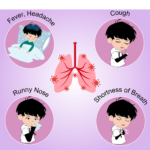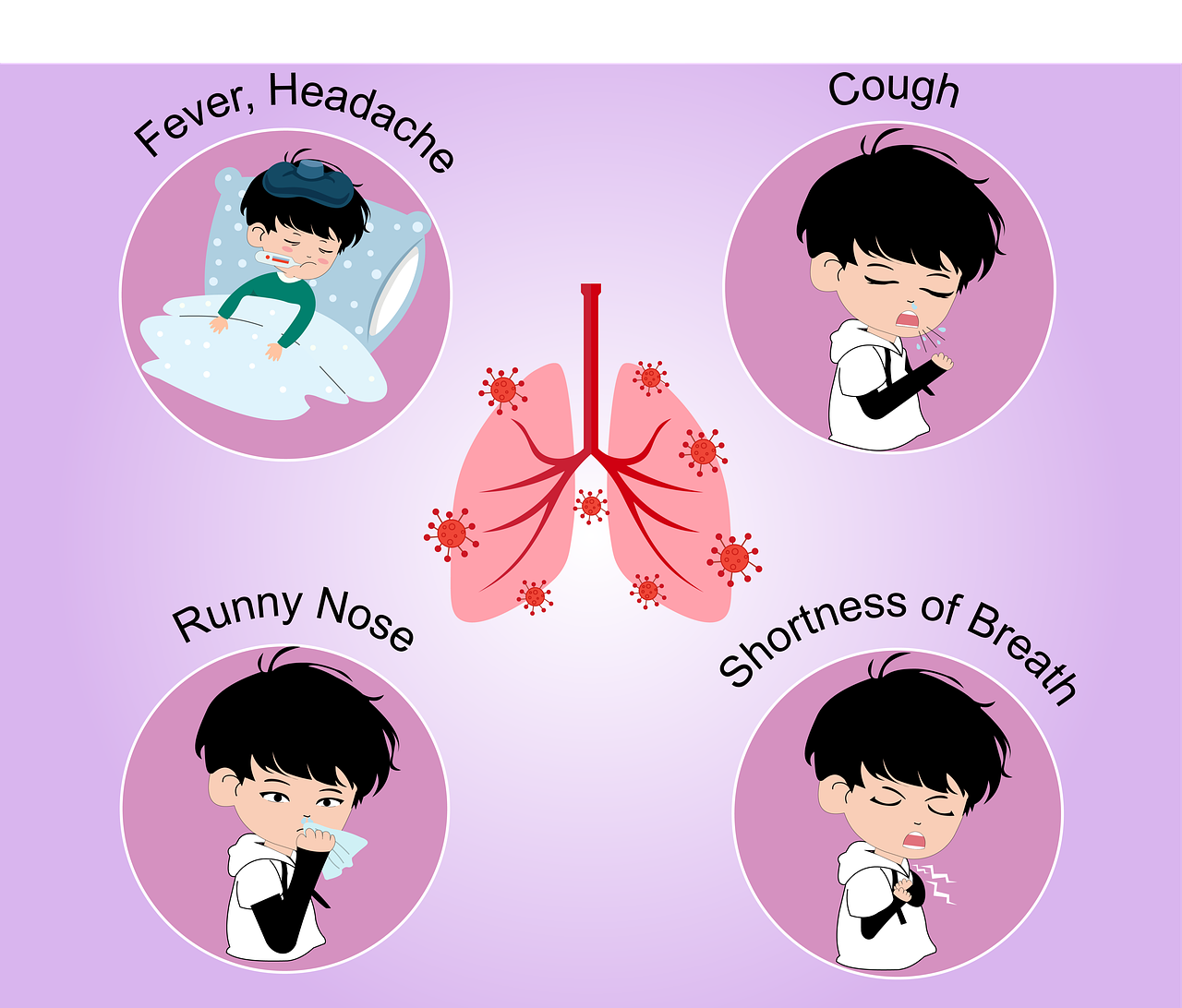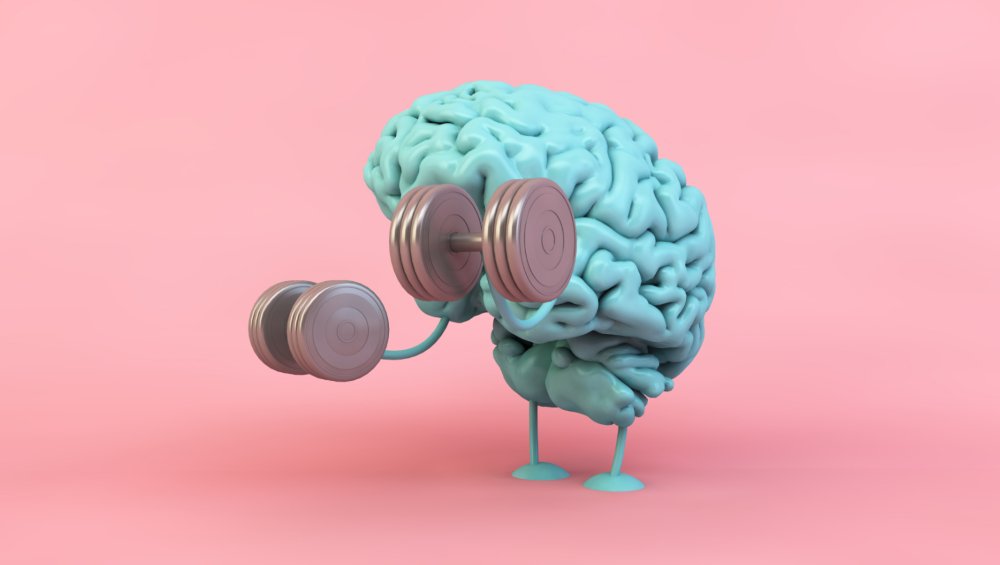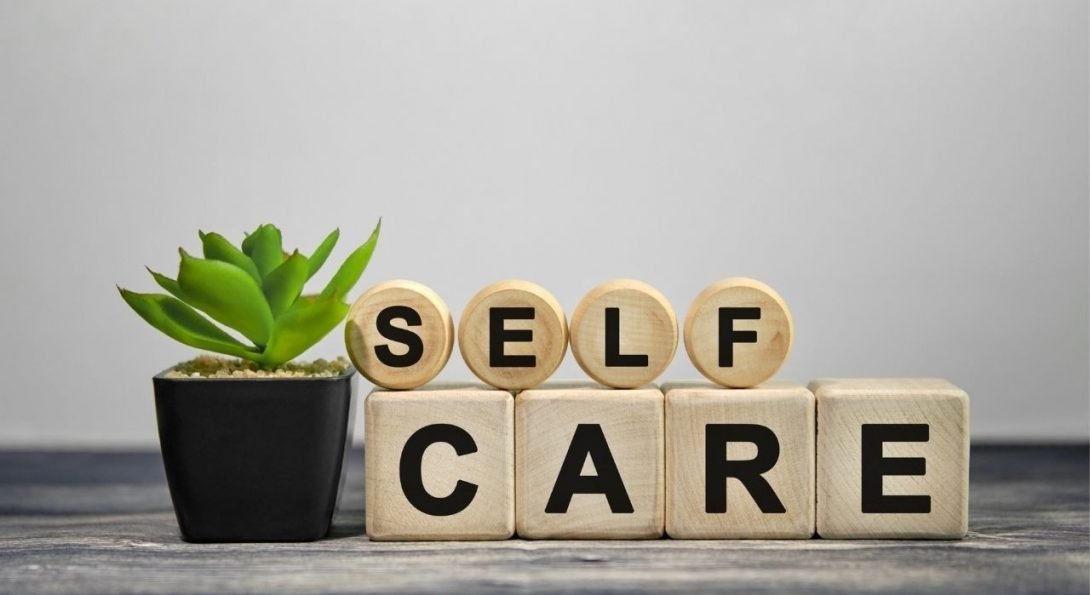Dieting has become a prevalent way that people to attempt to lose weight and keep fit. Although dieting can have positive and negative effects, understanding its benefits and strategies can help individuals make the best decisions for their own health and well-being. This article will cover some of the common misconceptions about dieting, as well as outline the benefits associated with it and offer relevant dieting strategies.
What is Dieting?
Dieting refers to the practice of eating specific foods or avoiding certain food groups for the purpose of losing weight or managing an existing condition. Many different types of diets can be pursued, and an extensive variety of foods can be included or excluded. Generally, a healthy diet involves the integration of balanced meals with a variety of nutritious foods, such as fruits, vegetables, lean proteins, whole grains, and low-fat dairy products.
The Benefits of Dieting
Dieting can offer a range of health benefits that can lead to a better quality of life. Here are some of the numerous benefits associated with dieting:
Weight Loss:
One of the most common reasons individuals decide to diet is for weight loss. Cutting out unhealthful, high-calorie foods and opting for nutrient-dense alternatives can help people achieve their desired weight goals in a healthy and sustainable way.
Improved Digestive Health:
Healthful eating habits can improve digestive function by providing the body with the essential vitamins and minerals it needs to break down food and absorb nutrients efficiently. Eating a fiber-rich diet, for example, can help reduce symptoms like constipation and gas.
Lower Risk of Chronic Disease:
A diet rich in essential nutrients can help reduce the risk of developing certain chronic diseases, such as diabetes, heart disease, stroke, and some cancers. In addition, adopting a heart-healthy diet can reduce cholesterol levels and help regulate blood pressure.
Can I Lose Weight Without Dieting?
Contrary to popular belief, you can indeed lose weight without dieting. While calorie management is still important regardless, maintaining a healthy weight can be achieved by simply embracing healthier behaviors and a more active lifestyle. In terms of healthy behaviors, you can start by avoiding extra calories from added sugars, unhealthy fats, and alcohol. You can also make time each day for physical activity, and look for opportunities to be more active throughout the day, such as taking a walk after meals or taking the stairs instead of the elevator. Make sure to also get quality sleep every night to optimize your physical and mental health.
Dieting Strategies
When beginning a diet, it is important to have a plan of action for how you intend on making healthier lifestyle changes and honoring your dietary goals. Here are some dieting strategies that can help make it easier to stay motivated:
Set Attainable Goals
When setting goals, make sure they are achievable and realistic based on your lifestyle and current habits. Don’t forget, this is a journey so don’t be too hard on yourself if you don’t reach your goals overnight.
Meal Plan
Map out your meals and groceries for the week to help stay on track. Making a list of the food items you need beforehand will help you resist going for unhealthy snacks when you can’t think of what to make or when hunger strikes.
Include Variety
It’s important to make sure that you’re eating a wide variety of foods while dieting. This way, your meals will be interesting, and it will prevent nutrient deficiencies. Furthermore, incorporating different colors, flavors, and textures can help make meals more enjoyable.
Be Mindful
Mindful eating is a powerful tool to help gain insight into your eating habits and observe how you feel while eating different foods. Eating mindfully means paying close attention to hunger and fullness cues, and allowing yourself to savor, chew and enjoy your meals.
The Benefits of Physical Activity
Physical activity is key to losing weight without dieting. Working out regularly helps to burn calories, strengthen muscles and bones, and increase your overall fitness level. Exercise can also increase your metabolism, meaning you’ll burn more calories on a daily basis – even while resting. Aim for 150 minutes of moderately strenuous activity each week or 75 minutes of vigorous-intensity exercise.
Types of Physical Activity
There are many different types of physical activity you can incorporate into your daily routine. The type of exercise you choose will depend on your fitness level, preferences, and goals. Some examples of physical activities include:
- Brisk walking
- Running
- Cycling
- Swimming
- Yoga
- Strength training
- High-intensity interval training (HIIT)
Make Healthy Lifestyle Choices
In addition to engaging in regular physical activity, you also need to focus on making healthy lifestyle choices. In order to lose weight without dieting, you need to make sure that you’re consuming healthy, nutritious foods and avoiding processed sugary, and fatty foods. Eating whole, unprocessed ingredients, such as lean proteins, fruits, vegetables, and whole grains, will help to keep you full and energized. Additionally, be sure to get enough sleep, as this will also help to regulate your metabolism and stave off cravings.
Conclusion:
Dieting is a popular approach to losing weight and staying fit that involves making more mindful food choices. Although dieting can have a negative connotation, there are many benefits associated with it. Furthermore, dieting does not have to imply restrictive eating behavior; rather, it can involve the adoption of healthy routines and an overall balanced lifestyle. With this guide, individuals will have a better understanding of the effectiveness and strategies associated with dieting to make the best decisions for their own health and well-being.










